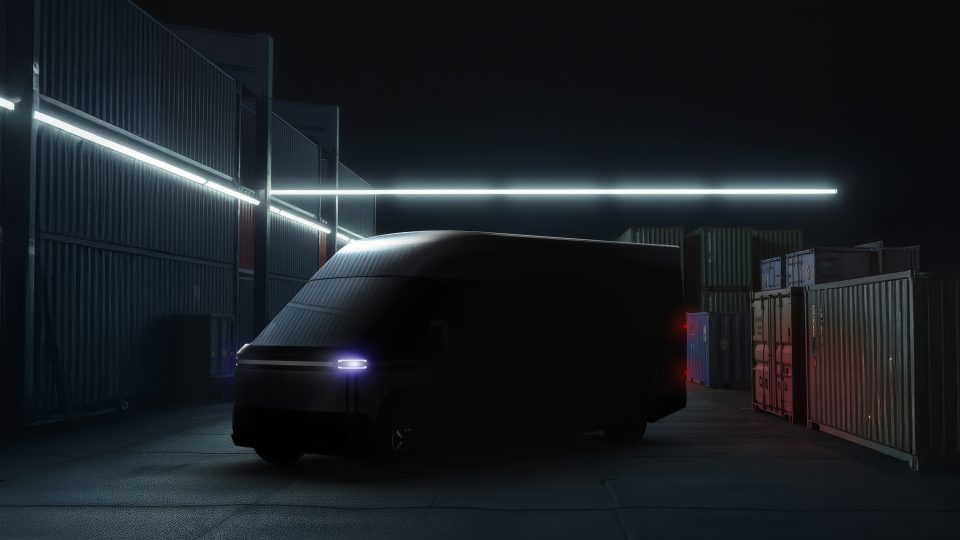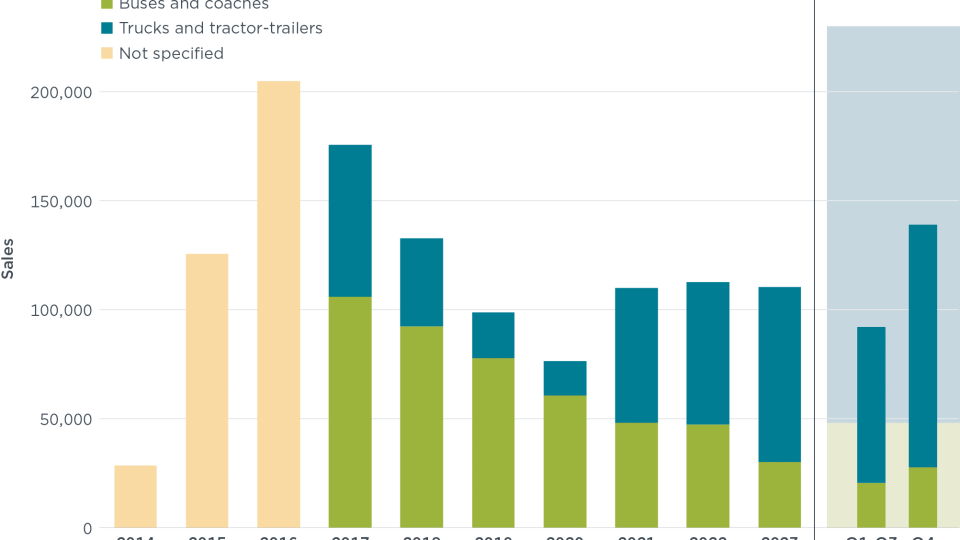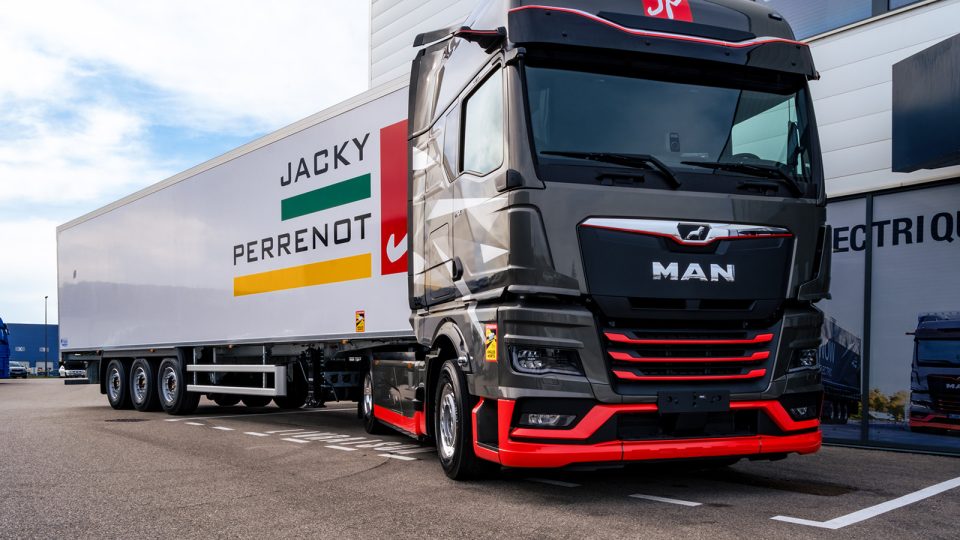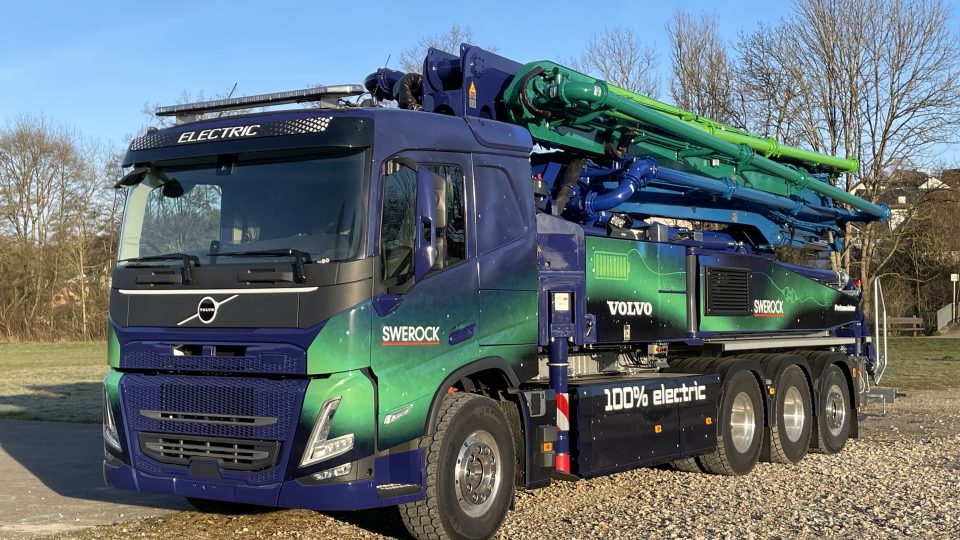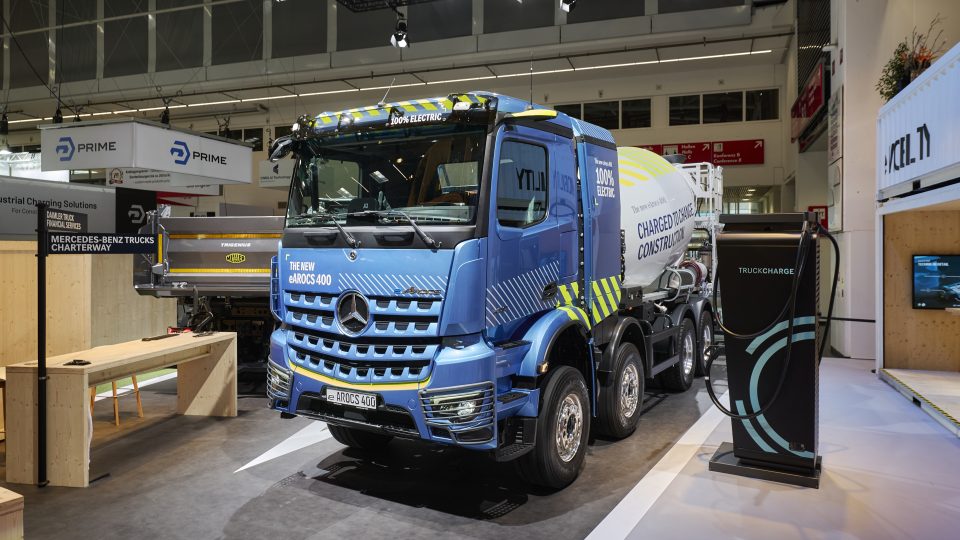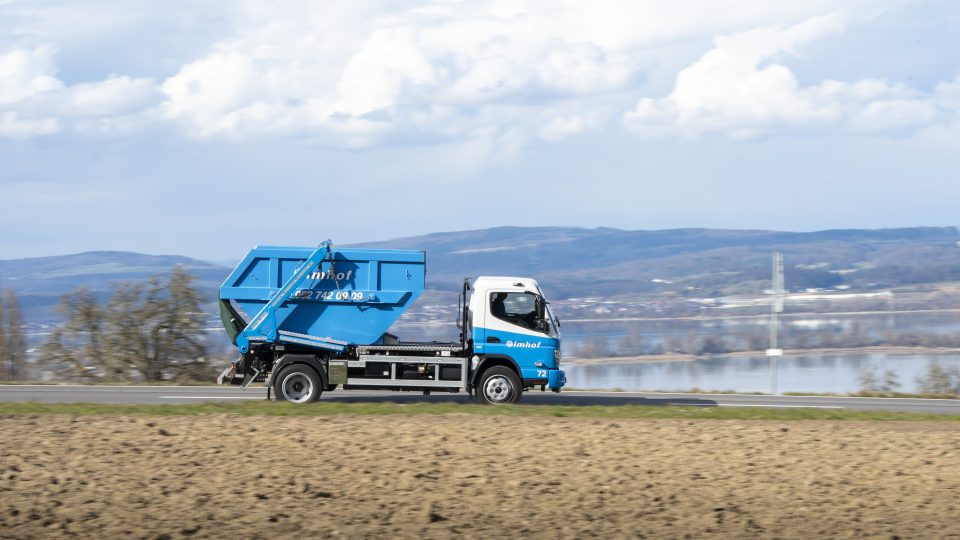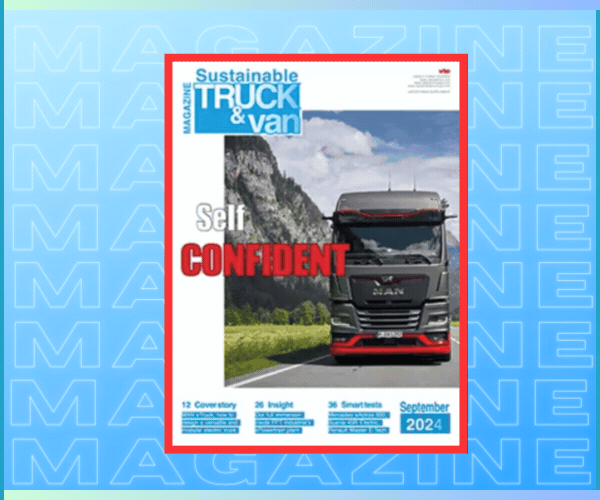REE Automotive to launch P7-B electric delivery truck with nearly 250 km range
REE Automotive's P7 delivery truck configuration offers increased interior space for passengers and cargo and a low step-in height while targeting a maximum speed of 120 km/h, max range of 241 km, up to 2,000 kg payload, and vehicle weight ratings (GVWR) of up to 6,350 kg.
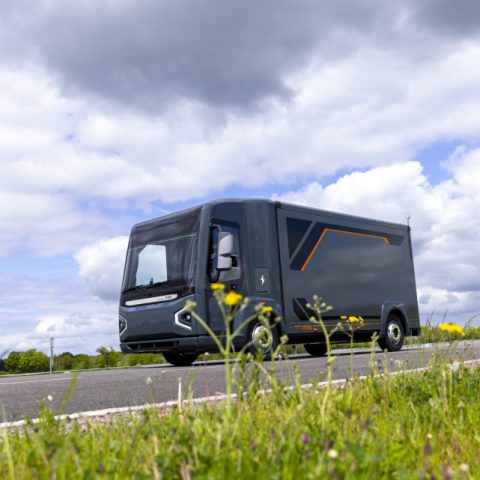
Israel-based manufacturer REE Automotive is about to launch its P7-B electric Class 3 delivery truck. The new e-truck is part of a fleet that will be made available to customers including global delivery, logistics, and e-commerce companies.
The class 3, all-by-wire electric truck, designed and built by REE based on its P7 modular chassis, targets the important and growing commercial EV mid- and last-mile delivery market. It is a potential opportunity for REE to present fleets with complete vehicles.
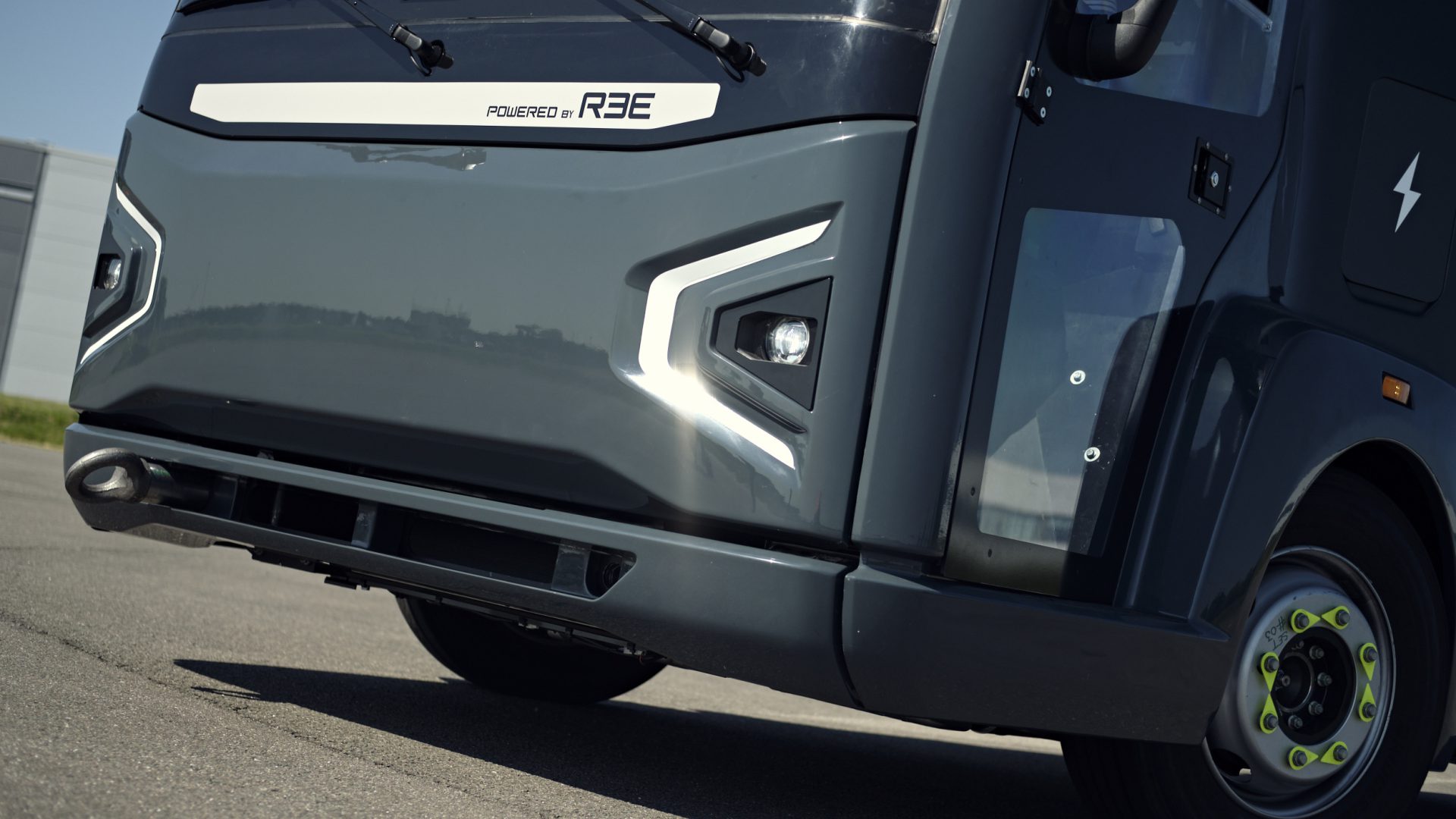
REE Automotive’s P7-B e-truck: the main features
REE Automotive’s P7 delivery truck configuration offers increased interior space for passengers and cargo and a low step-in height while targeting a maximum speed of 120 km/h, max range of 241 km, up to 2,000 kg payload, and vehicle weight ratings (GVWR) of up to 6,350 kg. The configuration can be modified to best suit customer needs. The full x-by-wire architecture supports all-wheel steer, all-wheel drive, adaptive regenerative breaking, creep control, hill start assist, and torque vectoring as standard as well as over-the-air updates. REE’s P7-B and the P7 modular chassis is targeted to be produced in both North America and the UK.
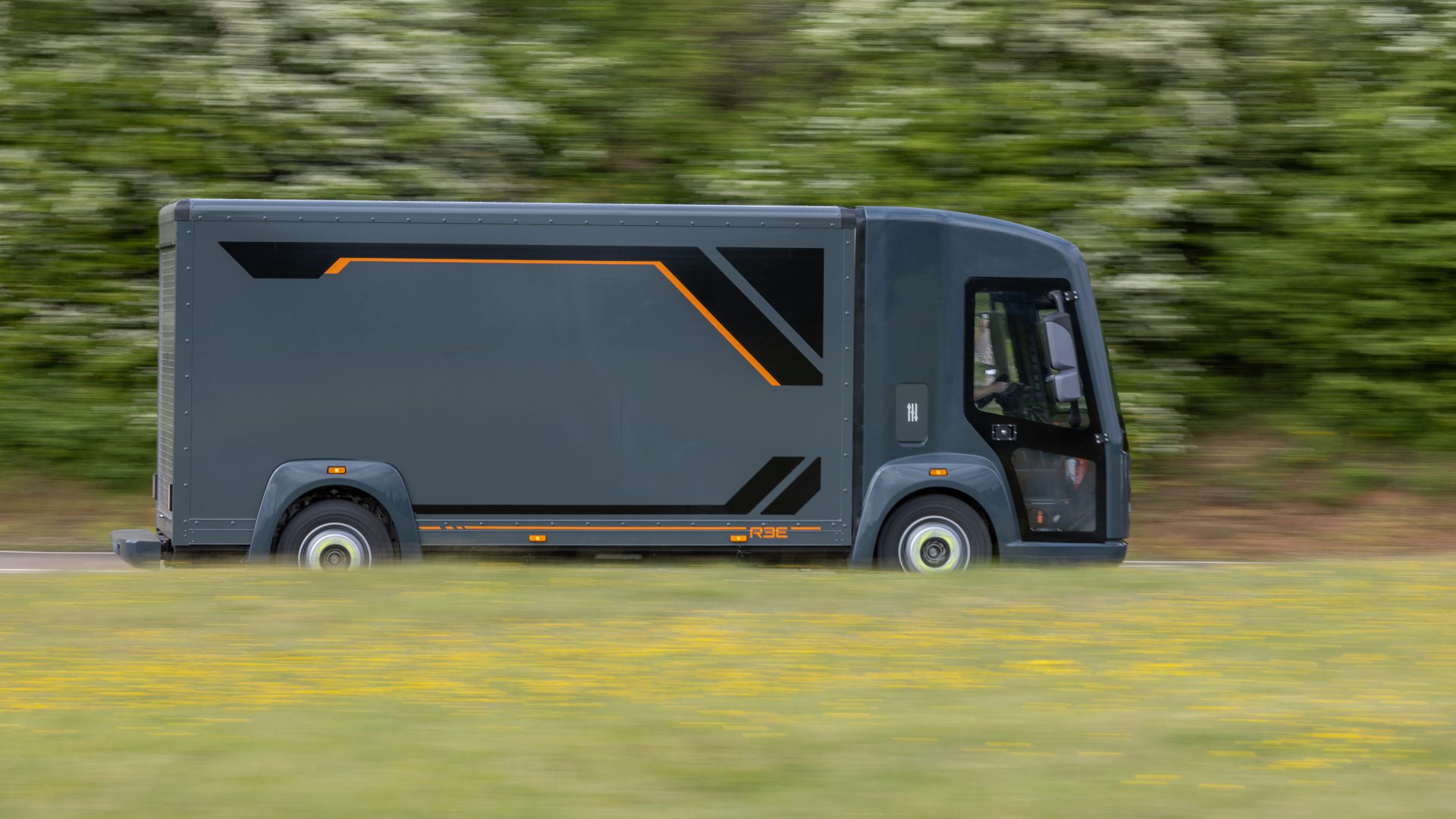
“The on-track testing of the P7-B and extensive customer evaluations are another crucial step on the road to commercialization and deployment of test fleets followed by scale adaptation in fleets”, said Tali Miller, chief business officer at REE. “Feedback from our customers has been that this is the truck they have been waiting for – a driver-centric work truck that drives like a saloon car but is built to deliver under the harshest commercial duty cycle. Our modular P7 chassis allows us to design vehicles tailored to our customers’ needs and we are excited to be showing them what our unique technology affords their fleets as we support them on their path towards electrification and carbon neutrality”.


